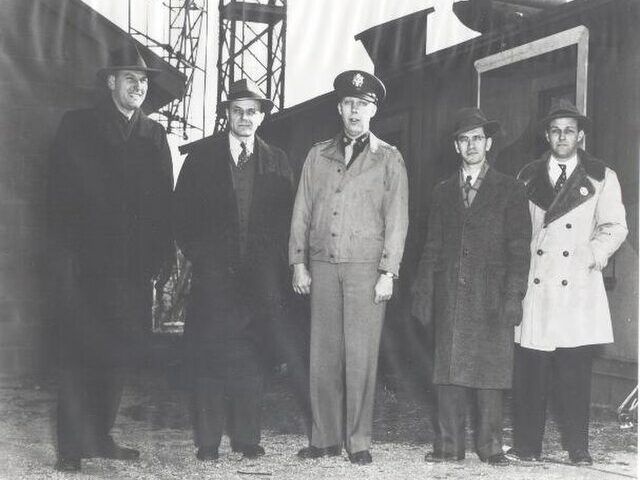On June 9, 1949, the literary world witnessed the publication of George Orwell’s 1984, a novel that has since become a cornerstone in the canon of dystopian literature. The novel’s arrival marked a pivotal moment, capturing the anxieties of a post-war era and offering a chilling exploration of totalitarianism. Orwell, a keen observer of political movements and a critic of authoritarian regimes, crafted a narrative that resonated deeply with readers and critics alike, warning of the perils of unchecked state power.
The story is set in the superstate of Oceania, a society governed by the Party and its enigmatic leader, Big Brother. This world is characterized by pervasive surveillance, mind control, and the eradication of personal freedoms. The protagonist, Winston Smith, toils at the Ministry of Truth, where his role is to alter historical records, ensuring they align with the Party’s ever-changing narratives. This constant rewriting of history serves as a tool for the Party to maintain its infallibility and absolute control over the populace.
One of the most disturbing elements of Orwell’s vision is the concept of “doublethink,” the capacity to accept two contradictory beliefs simultaneously. This psychological manipulation is crucial for the Party’s dominion, as it ensures that citizens accept the government’s fabrications without question. Alongside doublethink is the notion of “Newspeak,” a language engineered to diminish the range of thought. By reducing the complexity of language, Newspeak aims to eliminate rebellious thoughts—the very essence of thoughtcrime, another Orwellian concept denoting the act of thinking against the Party’s doctrine.
Orwell’s narrative extends beyond mere political commentary; it delves into the profound implications of erasing individualism and manipulating reality. Winston’s journey is one of a solitary struggle against an omnipotent regime. His clandestine love affair with Julia, a fellow Party member, becomes an act of rebellion against the dehumanizing forces at play. However, the inexorable power of the Party ultimately crushes their resistance, illustrating the futility of individual defiance in the face of an all-encompassing totalitarian state.
The historical context in which 1984 was written shows up throughout the book. Orwell, having witnessed the rise of fascist and communist regimes in Europe, was acutely aware of the mechanisms of state control and propaganda. The novel draws parallels to the propaganda machines of Nazi Germany and Stalinist Russia, where truth was mutable and dissent was ruthlessly suppressed. Orwell’s experiences during the Spanish Civil War and his observations of the Soviet Union further informed his understanding of how ideologies could be twisted to justify oppression and violence.
Despite its bleak depiction of the future, 1984 served, and still serves, as a profound warning. It urges readers to remain vigilant against the encroachments on freedom and truth by those in power. The novel’s exploration of themes such as the mutability of history, the omnipresence of surveillance, and the obliteration of individual thought resonates strongly in contemporary discussions about privacy, government overreach, and the role of media in shaping public perception.
1984 has left an indelible mark on popular culture and political discourse. Terms like “Big Brother,” “doublethink,” and “Newspeak” have entered the lexicon, often used to describe modern phenomena that echo the novel’s themes. The book’s enduring relevance is a testament to Orwell’s keen insight into the dynamics of power and the fragility of freedom.






